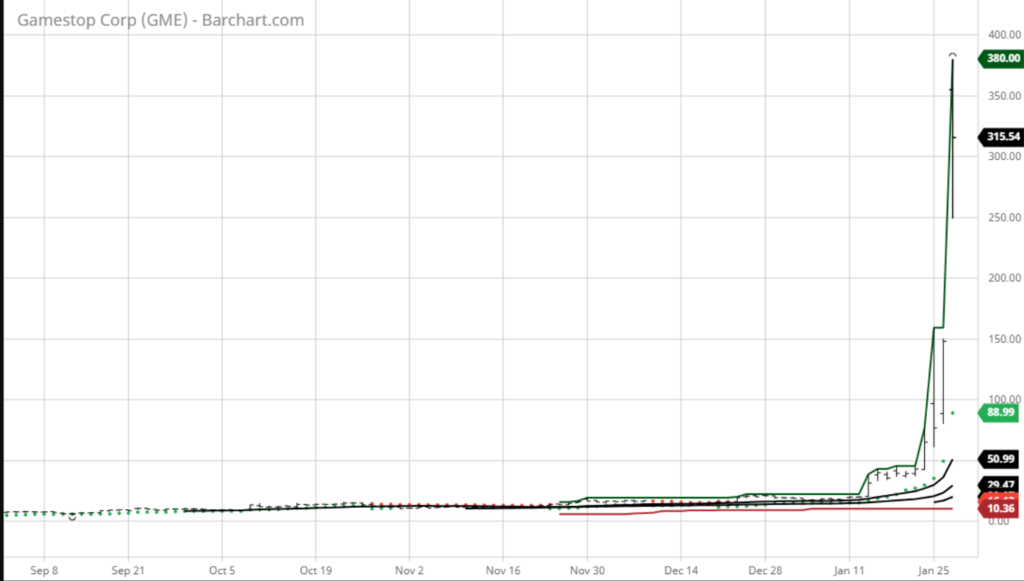Link: https://marypatcampbell.substack.com/p/gamestop-follies-the-long-and-the
Excerpt:
Activist short-sellers are different in the types of actions they advocate. These are people who are shorting the stock, and are arguing the current market value for the shares is too high. They may claim something is stinky about the financial reporting of results, and that regulators should audit the books. They may point out that management is engaged in some value-destroying activity that shareholders were unaware of. The activist shorts aren’t trying to destroy value — they claim that the true economic value was already much lower than the stock price would indicate, and that’s because the information the market has about the company is just plain wrong.
They’re being activists not because of altruism, obviously, but that the faster the market prices adjust to what they think the true value is, the less they’re exposed to the risk of getting squeezed out of their short position before they can profit.
Author(s): Mary Pat Campbell
Publication Date: 25 February 2021
Publication Site: STUMP at Substack



